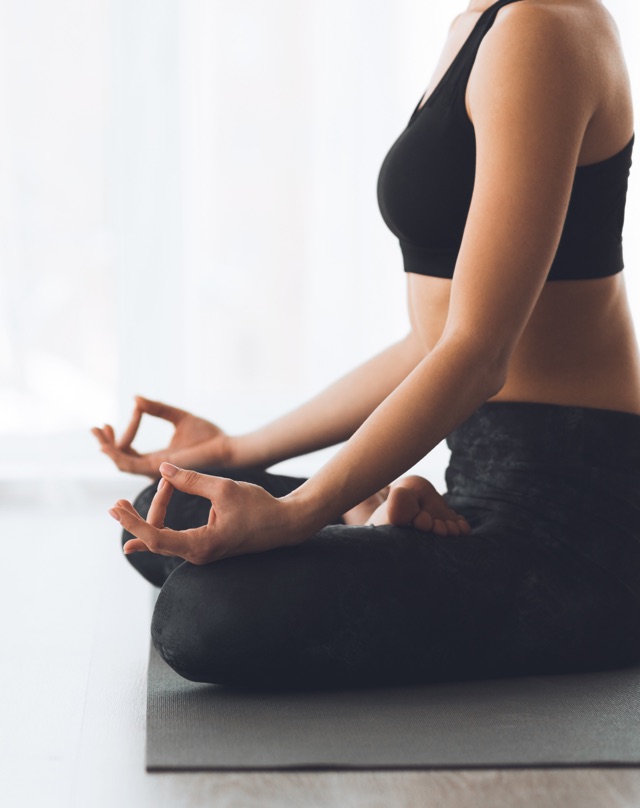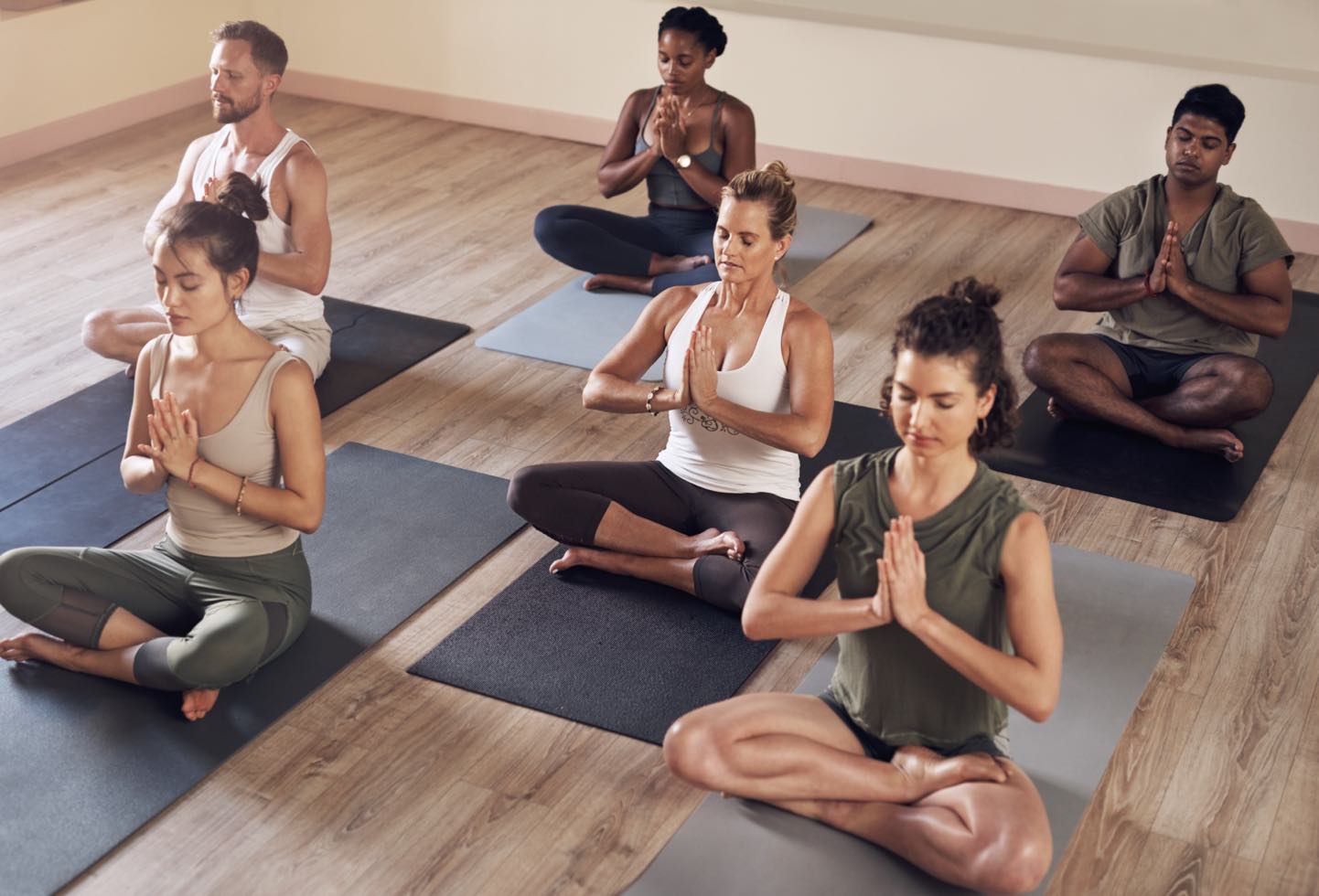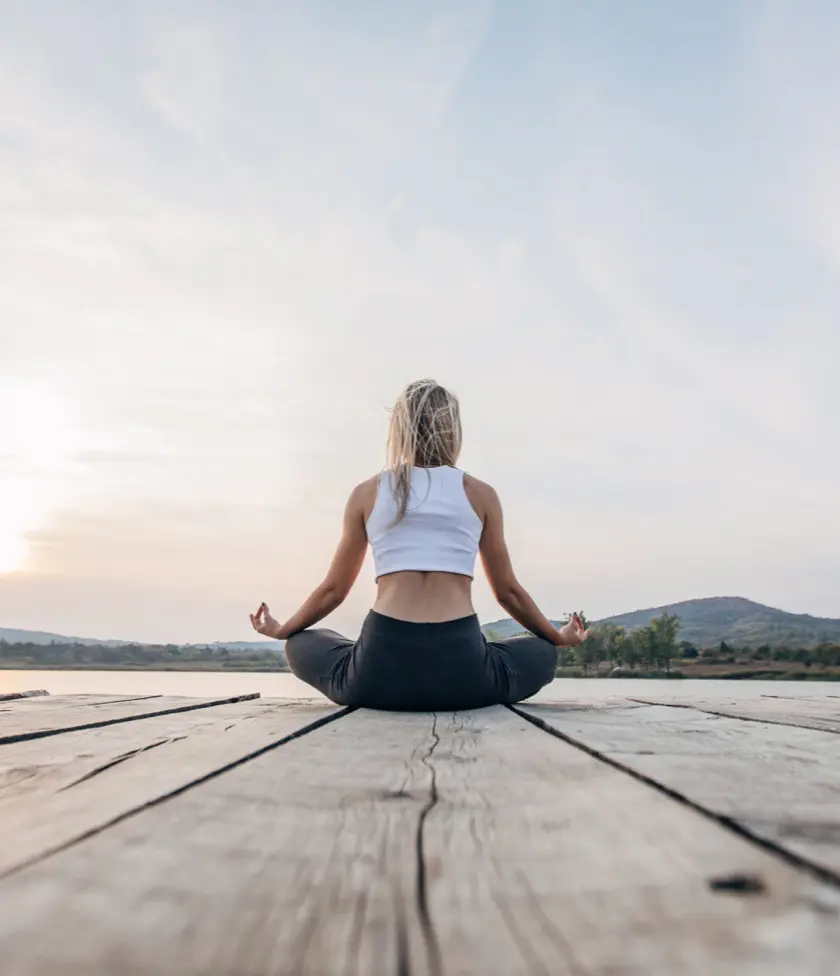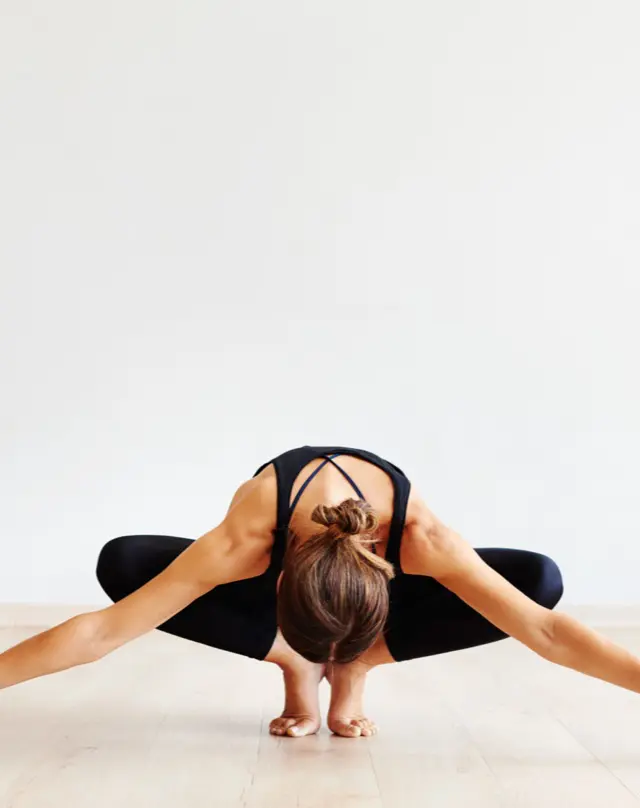
Stress has been America’s number one health problem for over four decades now, and the problem is only getting worse. According stress.org our stress is even more pervasive now than ever because “it stems from psychological rather than physical threats.”
Our lives have grown more complicated than they would have been in our parents’ and grandparents’ generations. In seeking to do more, experience more, and be better, we have inadvertently created a society that is addicted to stress and where we wear our constant busyness as a badge of honor. We are numbing our feelings with incessant activity, and this has led to a stress pandemic.
Don’t believe it? When was the last time you asked a friend what they were up to, or how they were doing and they didn’t respond with something along the lines of: “Oh my God, I am so stressed out. I am so busy! I have thirty-nine different things I have to get done, and I’m on my way to pick up my kids, and then I’m going to the airport, and oh I have to go because my boss is on the other line.”
It’s almost as if we’ve become ashamed of clearing our schedules and relaxing, although that is exactly what everyone secretly dreams of doing. We fear that if we don’t appear constantly productive, or continually on a quest for self-improvement that others will judge us as lazy, incompetent and ineffective. We fear that we will fall behind and fall apart, but we’re actually creating the opposite of the desired effect.
It’s time to break the stress cycle, and give your brain a break. Clinging to busyness creates chaos, exhaustion, and actually makes us a lot less productive. When we live this way, we aren’t improving our lives at all. Even worse, we’re making ourselves sick.
How can we manage stress?
The best way to prevent stress is by reducing it. We must rebuild ourselves and take our power back by making a decision to live mindfully. That means creating the intention to live in wellness by purposely choosing to prioritize sleep, a healthy diet, movement for our bodies, and making the time to relax and connect with our selves every single day. We can’t always control outside circumstances, but if we learn to say no, to set boundaries, and to take the best possible care of ourselves, we can learn to react to things beyond our control in ways that won’t cause us more stress.
You can learn to heal yourself from the effects of stress and begin to build yourself a “Bliss Toolbox” now.
Here are a few simple suggestions to get started:
Give Your Brain a Break – Intentionally plan time in your day when you shut down all devices. For example, turn them off at bedtime and don’t turn them back on until after you’ve meditated in the morning. Read, journal, or add a bedtime meditation to your routine. Better yet, if possible, detach from your devices for a set time during the day. Treat yourself to a yoga class or spend quiet time outside enjoying nature away from technology. Give yourself time to recharge your battery.
Be the CEO of You – Dedicate time each day to your own well-being. Schedule a “Bliss Appointment” every day at 3pm (or whenever works for you). It’s a reminder to pause, breathe, and repeat the mantra “Peace Begins With Me.” This five minute daily practice will help to make bliss a priority every day. A good habit!
Grateful Senses Practice – Keep a journal where each day you write five specific things that you are grateful for today. What did you see, hear, smell, taste, or touch that filled your heart with gratitude. Who are you thankful for? Appreciation for the many blessings in your life will give you a wonderful sense of peace and well-being that will automatically make stress disappear.



